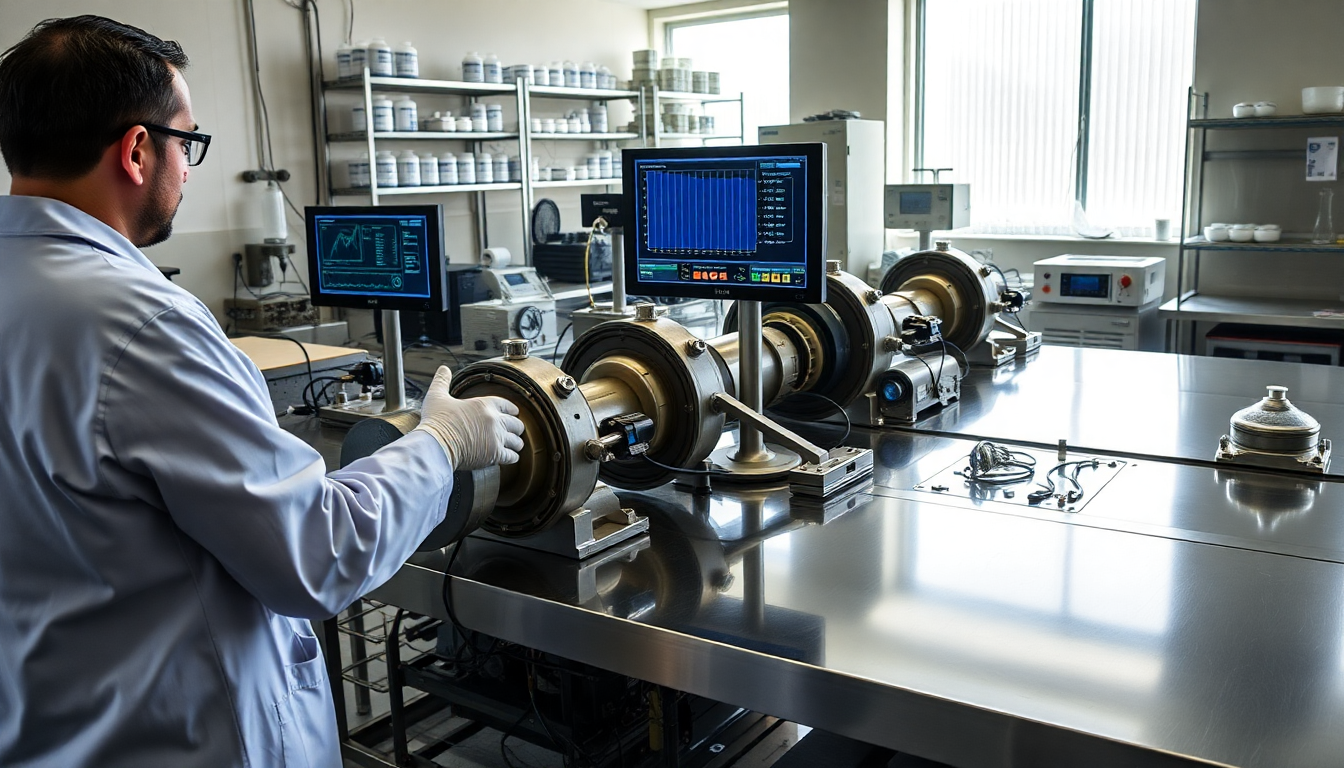Table of Contents
As global tensions rise, Iranian Foreign Minister Abbas Araghchi has made it clear: Tehran is committed to its uranium enrichment program. This comes in the wake of significant airstrikes attributed to the United States and Israel, which have severely impacted Iran’s nuclear facilities. For Araghchi, continuing enrichment isn’t just about science; it’s a matter of national pride. But what does this mean for Iran’s nuclear ambitions in such a scrutinized international climate?
The Current State of Iran’s Nuclear Program
In a recent interview, Abbas Araghchi highlighted the challenges confronting Iran’s nuclear program. Although military actions have dealt serious blows, he insists that this program is fundamental to Iran’s identity and technological advancement. He stressed that halting enrichment activities is simply not an option for the country. Isn’t it fascinating how deeply intertwined national pride and technological progress are in Iran?
Araghchi’s comments come at a time when diplomatic efforts are anything but straightforward. The Joint Comprehensive Plan of Action (JCPOA) has been all but dismantled since the U.S. pulled out in 2018 under President Trump. Since then, Iran has faced mounting pressures, both economically and politically, intensified by ongoing military threats. Araghchi’s insistence on the peaceful nature of Iran’s nuclear goals seems to serve as a calculated response to frequent accusations from opposing nations. But can peaceful intentions be truly trusted in such a charged environment?
Diplomatic Dialogue and International Engagement
Despite the rising tensions, Araghchi expressed Iran’s willingness to engage in dialogue. While he clarified that direct talks with the U.S. aren’t on the table right now, he emphasized that there is still room for diplomatic resolutions. His call for a win-win solution underscores Iran’s readiness to collaborate with international partners, provided certain conditions—like lifting sanctions—are met. Isn’t it interesting how diplomacy often hinges on complex negotiations and underlying national interests?
The Iranian government has made it clear that any future discussions will focus on building trust through confidence-building measures that showcase the peaceful nature of its nuclear program. Araghchi’s declaration that Iran does not seek nuclear weapons aims to quell fears while firmly asserting the country’s right to enrich uranium for civilian purposes. This shift in tone indicates a strategic effort to rebuild trust with international stakeholders, especially in light of recent conflicts that have caused significant casualties and instability in the region. How can trust be rebuilt amid such chaos?
Impact of Recent Military Actions and Future Projections
The military strikes on Iranian nuclear sites have not only caused damage but also stirred questions about the future direction of Iran’s nuclear goals. Araghchi noted that Iran’s Atomic Energy Organisation is currently evaluating the effects of these attacks on enriched materials, with findings set to be shared with the International Atomic Energy Agency (IAEA). This move reflects Iran’s ongoing commitment to transparency, even as tensions escalate. But how transparent can a nation be in such a charged atmosphere?
Additionally, recent events have sparked renewed discussions about potential negotiations among the parties involved in the JCPOA, especially with upcoming talks involving European nations. The geopolitical landscape remains unpredictable, and the threat of further sanctions looms large if diplomatic efforts falter. As this situation unfolds, Iranian leadership will need to tread carefully, balancing national pride with the complexities of international relations. What will the future hold for Iran and its nuclear aspirations amid all these challenges?


